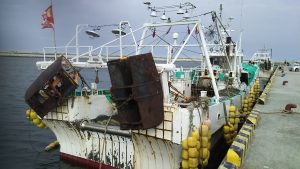
‘It’s been done for decades’ – How the upcoming Fukushima water release could impact Japan’s fishing industry
In Japan, discussions continue and concerns grow as authorities prepare for the Fukushima water release into the Pacific Ocean.
The lobster population in Canada’s Maritime region falls within the healthy zone, but scientists worry about the effects of climate change.

In Japan, discussions continue and concerns grow as authorities prepare for the Fukushima water release into the Pacific Ocean.
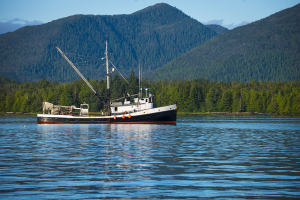
To properly evaluate a fishery management system, we need a measure of the management regime as a whole: Enter the Fisheries Management Index (FMI).
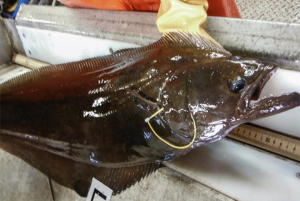
Deep learning technology can estimate individual ages and age distribution of Greenland halibut with more consistency than human estimations.
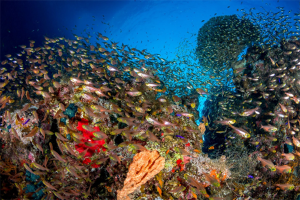
Researchers created an artificial intelligence model that has successfully estimated fish stocks with 85 percent accuracy in trials.
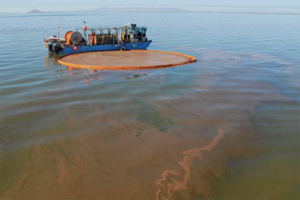
Artemia cysts are stored and hatched for use as live feed for shrimp hatcheries and approximately 99 percent of the product is exported.
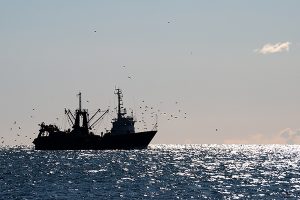
Two new studies find that U.S. fishing policy is rebuilding fish populations while not preventing most fishers from making their catch.

The American Shrimp Processors Association has entered the U.S. Gulf of Mexico shrimp fishery into sustainability assessments.
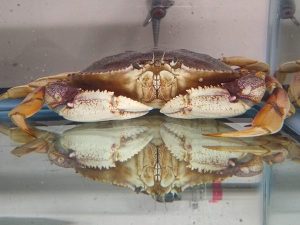
A study finds ocean acidification causes Dungeness crabs to sniff less frequently, which may contribute to the crab population collapse.
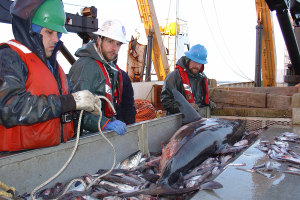
A recommended fisheries stock assessment approach can help ensure best practices that are suitable to support management decisions.
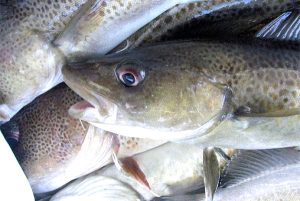
There is a large potential to upgrade currently wasted raw materials like cod residuals into high-quality marine oils for feed ingredients.
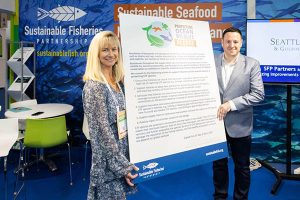
Seafood giant signs on to the Sustainable Fisheries Partnership initiative aiming to reduce the bycatch of vulnerable marine wildlife.
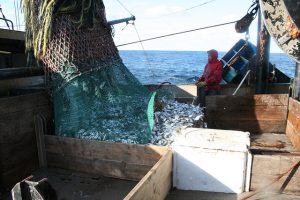
The report highlights successful fisheries management in the U.S. and the broad economic impact of commercial and recreational fisheries.
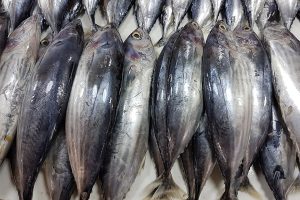
Aging error and age range influences the uncertainty of growth estimation in major tuna species, necessitating improved accuracy of age analysis.

Study finds that having a metal bar to bang crab pots against during harvest can help fishermen prevent injury.
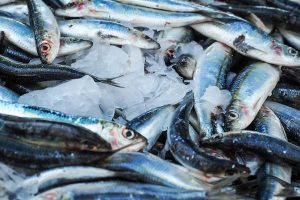
New global financing model aims to catalyze more than $100 million in sustainable fisheries improvement by 2030.